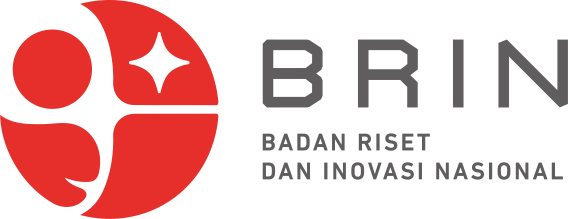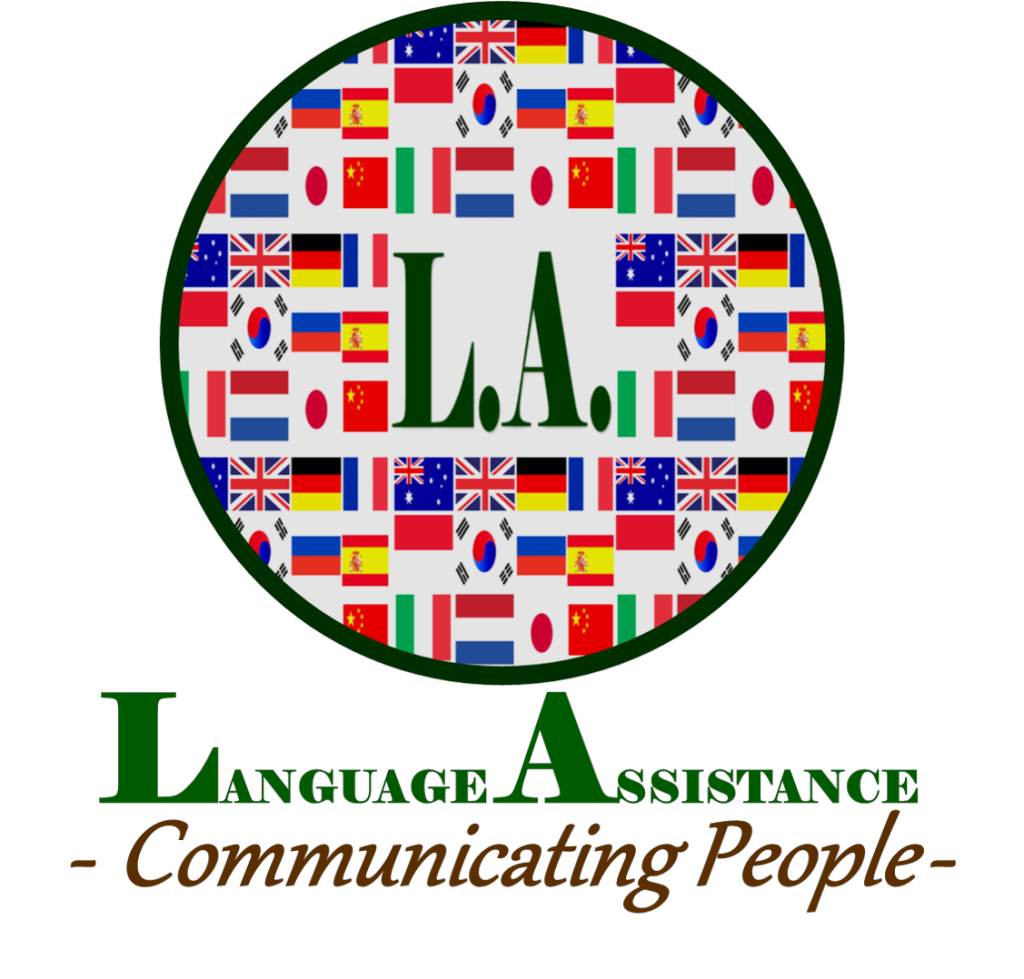Sustainable Tourism Development In Petak Gianyar Village, Bali: Potentials And Challenges
DOI:
https://doi.org/10.5281/h7p54x78Keywords:
Sustainable tourism, Petak Village, Tourism challenges, Community based Tourism, Destination ManagementAbstract
Downloads
References
Andayani, A. A. I., Martono, E., & Muhamad, M. (2017). Pemberdayaan Masyarakat Melalui Pengembangan Desa Wisata Dan Implikasinya Terhadap Ketahanan Sosial Budaya Wilayah (Studi Di Desa Wisata Penglipuran Bali). Jurnal Ketahanan Nasional, 23(1), 1. https://doi.org/10.22146/jkn.18006
Andrianto, T., & Kusumah, A. H. G. (2021). The Journey of Mapping the Entire Destination Lifecycle. Jurnal Kepariwisataan: Destinasi, Hospitalitas Dan Perjalanan, 5(1), 10–19. https://doi.org/10.34013/jk.v5i1.278
Arida, I. N. S. (2016). Buku Ajar Pariwisata Berkelanjutan (I. N. S. Arida (ed.); First). Sustain Press. https://simdos.unud.ac.id/uploads/file_pendidikan_1_dir/27853e1951c3f72a0e6e8a0be2a9ed30.pdf
Arintoko, Ahmad, A. A., Gunawan, D. S., & Supadi. (2020). COMMUNITY-BASED TOURISM VILLAGE DEVELOPMENT STRATEGIES: A CASE OF BOROBUDUR TOURISM VILLAGE AREA, INDONESIA. GeoJournal of Tourism and Geosites, 29(2), 398–413. https://doi.org/10.30892/gtg.29202-477
Bausch, T., Humpe, A., & Gössling, S. (2019). Does climate change influence guest loyalty at alpine winter destinations? Sustainability (Switzerland), 11(15). https://doi.org/10.3390/su11154233
Beeh, Y. Y. (2017). THE ROLE OF COMMUNITY IN THE DEVELOPMENT OF WAE REBO AS A COMMUNITY-BASED TOURISM DESTINATION IN EAST NUSA TENGGARA. Journal of Business on Hospitality and Tourism, 3(1), 55. https://doi.org/10.22334/jbhost.v3i1.92
Chevalier, S. P., Bendesa, I. K. G., & Putra, I. N. D. (2019). The integrated touristic villages an Indonesian. Tourism Geographies, 23(3), 1–25. https://doi.org/https://doi.org/10.1080/14616688.2019.1600006 The
Fafurida, F., Oktavilia, S., Prajanti, S. D. W., & Maretta, Y. A. (2020). Sustainable strategy: Karimunjawa national park marine ecotourism, Jepara, Indonesia. International Journal of Scientific and Technology Research, 9(3), 3234–3239. https://www.scopus.com/inward/record.uri?eid=2-s2.0-85083499025&partnerID=40&md5=d4cd04c7b015373ff2785ecf1bb6340c
Hennink, M. (2013). Focus Group Discussions. https://www.amazon.com/Focus-Discussions-Understanding-Qualitative-Research/dp/0199856168
Hutter, I., Hennink, M., & Bailey, A. (2020). Qualitative Research Methods. https://www.amazon.com/Qualitative-Research-Methods-Monique-Hennink/dp/1473903912
Junaid, I., Sigala, M., & Banchit, A. (2021). Implementing community-based tourism (CBT): Lessons learnt and implications by involving students in a CBT project in Laelae Island, Indonesia. Journal of Hospitality, Leisure, Sport and Tourism Education, 29. https://doi.org/10.1016/j.jhlste.2020.100295
Khadry, M., & Sianipar, C. I. (2025). Community-Based Ecotourism Management Model Supporting Sustainable Tourism in Desa Batu Jongjong, Kecamatan Bahorok, Kabupaten Langkat. Proceedings International Conference on Marine Tourism and Hospitality Studies, 1(1), 333–339. https://doi.org/10.33649/iconmths.v1i1.372
Lasso, A. H., & Dahles, H. (2023). A community perspective on local ecotourism development: lessons from Komodo National Park. Tourism Geographies, 25(2–3), 634–654. https://doi.org/10.1080/14616688.2021.1953123
Lestari, M. N. D., Dewi, N. P. D. U., & Paragae, I. G. A. P. N. S. (2024). Analisis Penanggulangan Overtourism Pada Daya Tarik Wisata Penglipuran Bangli Guna Mewujudkan Sustainable Tourism. Cultoure, 5(2), 24–38.
Musthofa, B. M. (2019). Strategi Mengembangkan Inisiatif dan Partisipasi Lokal Untuk Mengembangkan Wisata Perdesaan Bagi Peningkatan Kesejahteraan Masyarakat. Jurnal Vokasi Indonesia, 7(2). https://doi.org/10.7454/jvi.v7i2.147
Ni Nyoman Arini, I Made Bayu Wisnawa, Putu Guntur Pramana Putra, & I Nengah Sandi Artha Putra. (2023). Promosi Desa Wisata Penglipuran Pasca Pandemi Covid–19 Melalui Festival Budaya Studi Kasus: Penglipuran Village Festival Ix. Pariwisata Budaya: Jurnal Ilmiah Agama Dan Budaya, 8(2), 176–189. https://doi.org/10.25078/pariwisata.v8i2.2841
Nugroho, A. Y. A., & Harrison, A. (2021). STRATEGI PENGELOLAAN DESTINASI PARIWISATA BERBASIS KOMUNITAS PASCA PANDEMI COVID19. Seminar Nasional Hasil Penelitian Dan Pengabdian Kepada Masyarakat 2021 Pengembangan Ekonomi Bangsa Melalui Inovasi Digital Hasil Penelitian Dan Pengabdian Kepada Masyarakat, 1371–1384.
Picard, M. (1990). “Cultural Tourism” in Bali: Cultural Performances as Tourist Attraction. Indonesia, 49, 37. https://doi.org/10.2307/3351053
Putra, I. N. D. (2015). Pariwisata Berbasis Masyarakat Model Bali. In Pariwisata Berbasis Masyarakat Model Bali.
Putra, I. P. B. M., Wijaya, N. Y. A., & Putra, G. J. E. (2024). Digitalisasi Potensi Desa Petak Kaja Melalui Pengelolaan Konten Website Skema : Proyek Bidang Teknologi. Community Development Journal, 5(4), 7303–7309.
Sardiana, I., Bali, N. P.-J. K. B. (Journal of, & 2015, undefined. (2017). Community-based ecotourism in Tenganan Dauh Tukad: an indigenous conservation perspective. Ojs.Unud.Ac.Id, 6, 302. https://ojs.unud.ac.id/index.php/kajianbali/article/download/16780/11053
Scuttari, A., Windegger, F., Wallnöfer, V., & Pechlaner, H. (2023). Bridging the science-policy gap in sustainable tourism: evidence from a multiple case study analysis of UNWTO INSTO sustainable tourism observatories. Journal of Sustainable Tourism. https://doi.org/10.1080/09669582.2023.2279023
Setyanti, S. W. L. H., Yulisetiarini, D., & Paramu, H. (2021). Community based tourism and strengthening of ecopreneurship for the development of ecotourism in jember. Journal of Environmental Management and Tourism, 12(3), 782–786. https://doi.org/10.14505/jemt.v12.3(51).17
Simanungkalit, V. B., & Sari, D. A. (2015). Buku Panduan Desa Wisata Hijau (1st ed.). Kementrian Koprasi dan UKM Republik Indonesia.
Sri Budhi, M. K., & Lestari, N. P. N. E. (2016). Community based ecotourism development in Jatiluwih Village Bali. International Journal of Applied Business and Economic Research, 14(3), 1864–1880.
Srinadi, I. G. A. M., Nilakusmawati, D. P. E., & Pratiwi, L. P. S. (2014). Pengelompokan Desa-Desa di Kabupaten Gianyar Berdasarkan Faktor-Faktor Yang Mempengaruhi Kemiskinan. Pramida, X(1), 29–36.
Susila, I. M. G. D., & Putra, I. P. G. P. (2022). Pengembangan Potensi Wisata Desa Petak di Kabupaten Gianyar. In Pengembangan UMKM & Desa Wisata di Kabupaten Gianyar (Vol. 1, pp. 143–161). https://eprints.triatmamulya.ac.id/1980/%0Ahttps://eprints.triatmamulya.ac.id/1980/1/Pengembangan Potensi Wisata Desa Petak.pdf
Susyanti, D. W., & Latianingsih, N. (2015). Potensi Desa Melalui Pariwisata Pedesaan. EPIGRAM (e-Journal), 11(1), 65–70. https://doi.org/10.32722/epi.v11i1.666
Sutawa, G. K. (2012). Issues on Bali Tourism Development and Community Empowerment to Support Sustainable Tourism Development. Procedia Economics and Finance, 4, 413–422. https://doi.org/10.1016/S2212-5671(12)00356-5
Tolkach, D., & King, B. (2015). Strengthening Community-Based Tourism in a new resource-based island nation: Why and how? Tourism Management, 48, 386–398. https://doi.org/10.1016/j.tourman.2014.12.013
Utama, I. G. B. R., Suardhana, I. N., & Sutarya, I. G. (2024). Assessing the Impacts of Overtourism in Bali : Environmental , Socio- Cultural , and Economic Perspectives on Sustainable Tourism. 81–92.
Wisnawa, I. M. B., Sutapa, I. K., Komang, L., Dewi, C., & Herry, G. (2024). Kegiatan Pemetaan Potensi Desa dan Pembuatan Video Promosi Desa Petak Gianyar. 79–85.
WWF-Indonesia, D. K. dan P. dan. (2009). Prinsip dan Kriteria EKOWISATA BERBASIS MASYARAKAT. In Ekowisata.
Zheng, T., Yu, J., Cheng, Q., & Pan, H. (2023). The Influence Mechanism and Measurement of Tourists’ Authenticity Perception on the Sustainable Development of Rural Tourism—A Study Based on the 10 Most Popular Rural Tourism Destinations in China. Sustainability, 15(2), 1454. https://doi.org/10.3390/su15021454
Downloads
Published
Issue
Section
License
Copyright (c) 2025 I Made Bayu Wisnawa, Dewa Ayu Diyah Sri Widari (Author)

This work is licensed under a Creative Commons Attribution 4.0 International License.


















